Case Law Details
M/S. Hindustan Infrastructure Construction Corporation Limited & Anr. Vs M/S. R.S. Woods International & Ors. (Delhi High Court)
Admittedly the respondents an unregistered partnership firm has filed a Civil Suit for recovery of money on account of dishonour of cheques issued to it by the defendants.
In the instant case, the respondent is seeking enforcement of the liability of the petitioners created under Section 30 and 37 of the Negotiable Instruments Act, 1881 as the cause of action for the plaint is based on the dishonour of the said cheques. Since, the suit is not based on any contract between the parties, the bar under Section 69 (2) of the of the Indian Partnership Act,1932 would not apply.
FULL TEXT OF THE HIGH COURT ORDER / JUDGMENT
1. The impugned order dated 09.10.2017 passed by the court of learned Additional District Judge-03, West District, Tis Hazari Courts, Delhi (‘ADJ’) in Civil Suit No.613734/16 titled as M/s. R.S. Wood International vs. M/s. Bhayana Builders Hindustan Infrastructure JV Pvt. Ltd. & Ors. dismissing the application of the petitioners/defendants under Order VII Rule 11 of the Code of Civil Procedure, 1908 (‘CPC’) is the subject-matter of challenge in this revision petition.
2. The petitioners/defendants Nos.2 & 3 have filed an application under Order VII Rule 11 CPC for rejection of the plaint on the ground that the suit is barred under Section 69 (2) of the Indian Partnership Act, 1932 (‘the Act’).
3. By the impugned order, the learned ADJ dismissed the application of the petitioners by relying upon a judgment of the Kerala High Court in Afsal Baker vs. Maya Printers 2016 SCC OnLine Ker 29914. The Ld. ADJ held that „keeping in view the fact that the present case is also based on dishonoured cheque and not a contract between the parties, the application under Order 7 Rule 11 CPC is hereby dismissed inasmuch as the suit cannot be said to be not maintainable by virtue of provision of Section 69 (2) of the Indian Partnership Act. Ordered accordingly.‟
4. For convenience, Section 69 (1) and (2) of the Act reads as under :-
“69. Effect of non-registration – (1) No suit to enforce a right arising from a contract or conferred by this Act shall be instituted in any court by or on behalf of any person suing as a partner in a firm against the firm or any person alleged to be or to have been a partner in the firm unless the firm is registered and the person suing is or has been shown in the Register of Firms as a partner in the firm.
(2) No suit to enforce a right arising from a contract shall be instituted in any Court by or on behalf of a firm against any third party unless the firm is registered and the persons suing are or have been shown in the Register of Firms as partners in the firm.”
5. The above provision deals with the effect of non-registration of a partnership firm and bars filing of a suit by or on behalf of such firm to enforce a right arising from a contract by or on behalf of such firm against any third party.
6. Admittedly the respondents/plaintiff has filed a Civil Suit for recovery of Rs.24,41,967/- against the petitioners/defendant on account of dishonour of cheques bearing no.482933 dated 18.11.2013 for Rs.5 lacs, no.482934 dated 19.11.2013 for Rs.5 lacs, no.482935 dated 20.11.2013 for Rs.5 lacs , no.709846 dated 18.11.2013 for Rs.5 lacs and no.709845 dated 20.11.2013 for Rs.4,41,967/-, total of which comes to Rs.24,41,967/-, which is the suit amount.
7. The Kerala High Court in Afsal Baker (surpa) observed as under :-
“10. In the instant case, as noticed above, by virtue of Section 30 and 37 of the Negotiable Instruments Act, on the dishonour of a cheque, the statute creates a liability on the drawer, apart from the general law of contracts. The right to sue on the contract is available and open to the party. However, apart from that, the statute creates a liability as against the drawer of the instrument. If the suit is on the original cause of action based on the original contract between the parties, there is no doubt, the suit would be hit by Section 69 (2) of the Indian Partnership Act. But, in the instant case, what is sought to be enforced is the liability created under the Negotiable Instruments Act. It is not a case where suit is filed on the original cause of action by producing the cheques as a piece of evidence to prove the liability under the original contract. Here, the suit itself is laid on the instrument. A reading of the plaint leaves no room for doubt regarding that. The bar under Section 69(2)of the Indian Partnership Act would apply only where the suit is sought to be laid on a contract and not in a case where statutory right/liability is sought to be enforced. In the instant case, the suit being purely based on the liability under Section 30 and 37of the Negotiable Instruments Act, it is a suit based on statutory liability dehors the contract between the parties. The suit cannot be held to be barred under Section 69(2) of the Indian Partnership Act.
11. In the circumstances, I find no reason to differ from the conclusion arrived at by the court below to the effect that the suit is not barred under Section 69(2) of the Indian Partnership Act and that it is maintainable.”
8. In the instant case, the respondent is seeking enforcement of the liability of the petitioners created under Section 30 and 37 of the Negotiable Instruments Act, 1881 as the cause of action for the plaint is based on the dishonour of the said cheques. Since, the suit is not based on any contract between the parties, the bar under Section 69 (2) of the Act would not apply.
9. In view of this, I do not find any illegality or infirmity in the impugned order. Accordingly, the revision petition along with application, being C.M. No.4276/2018, is dismissed with no order as to costs.






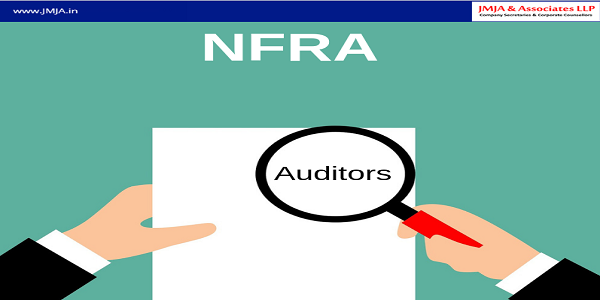



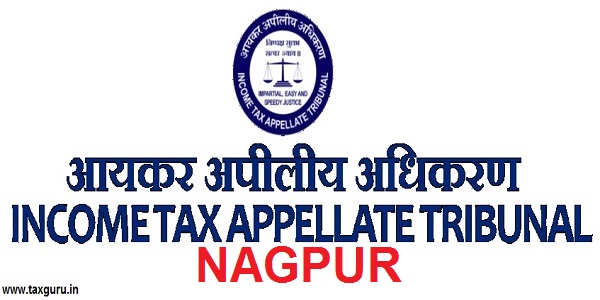
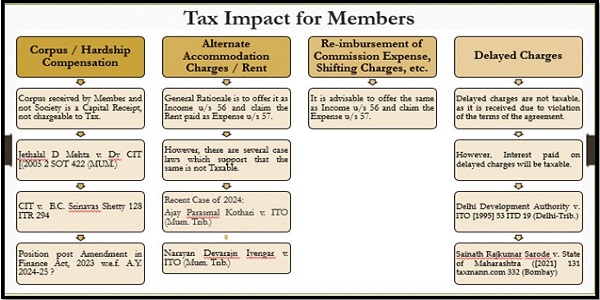

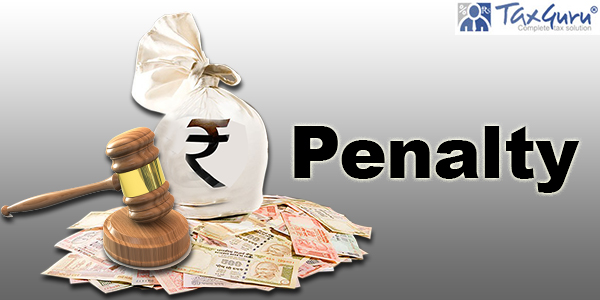


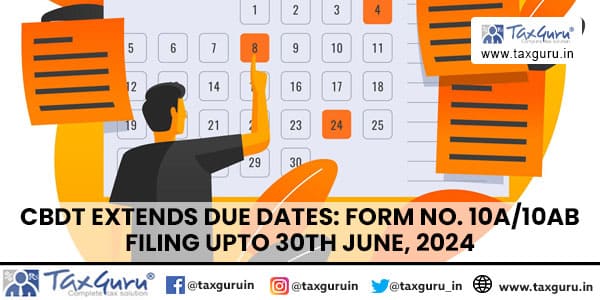



IMPROMPTU
Times have changed ; so also the tides of Time.
WRT
“Since, the suit is not based on any contract between the parties, the bar under Section 69 (2) of the Act would not apply.”
The judicial view the court has thus taken makes for a progressive and pragmatic down-to-earth verdict; setting the trend requiring to be rightly followed , without standing or insisting upon a hollow outdated requirement of a ‘ formal registration’.
To dilate (:
The formality of registration of an entity , it needs to be made a conscious note, has lost its legal significance over the times. If scouted around diligently, one will not fail to identify instances galore to prove /demonstrate or illustrate the point.
For an example, look up cases in which, entities such as –
‘social clubs’ ;
‘property owners association’; or
the like.
have succeeded in taking on and successfully pursued litigation, in civil, criminal and other courts or adjudicating /forums, such as Consumer courts, for having their common grievances settled and resolved.
in Short, the so called “class action” has come to stay as a convenient and lawful recourse for seeking and securing ‘justice’.
Master Note: This is an aspect which has assumed greater significance, especially in recent years, in all such related matters- one of which is claim for tax exemption on the ground of/ by invoking the age old “Doctrine of Mutuality”.
For a discussion and exposition of the referred principle, if care to, suggest to go through the Articled displayed, not long ago, on this website itself.
courtesy